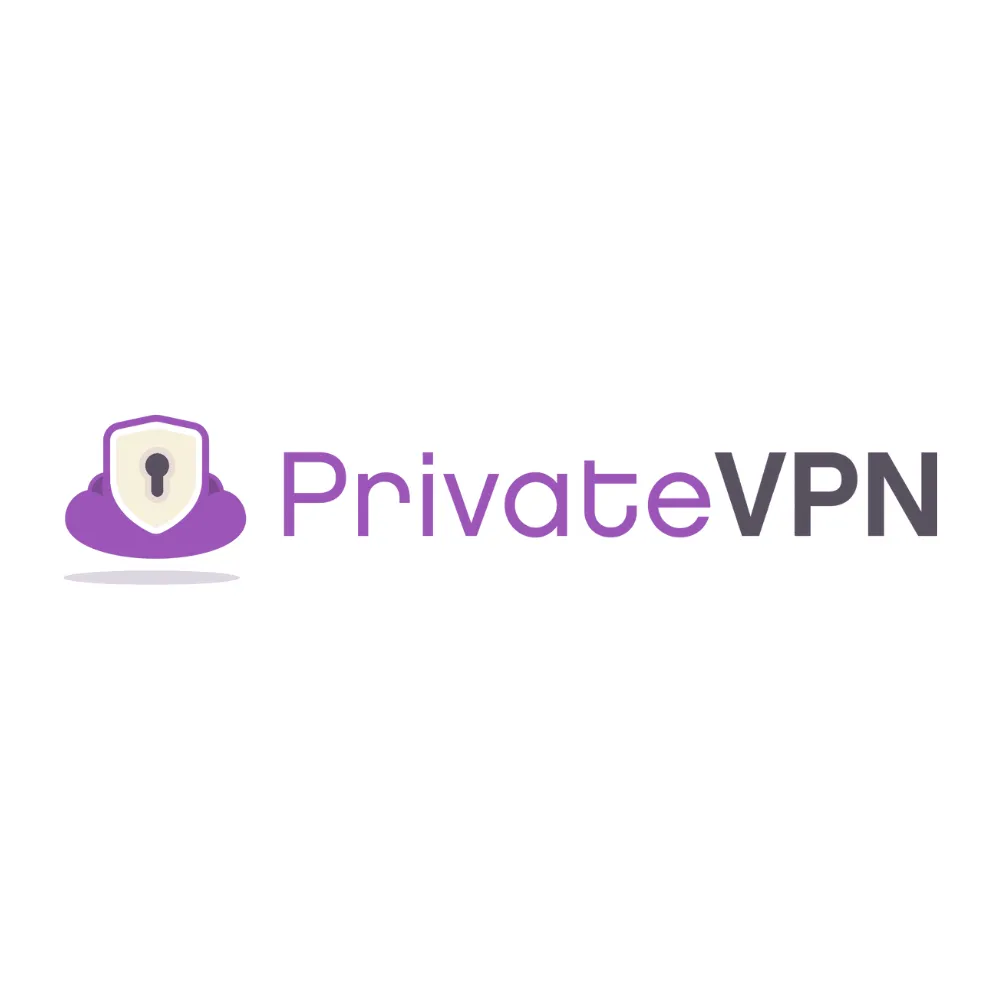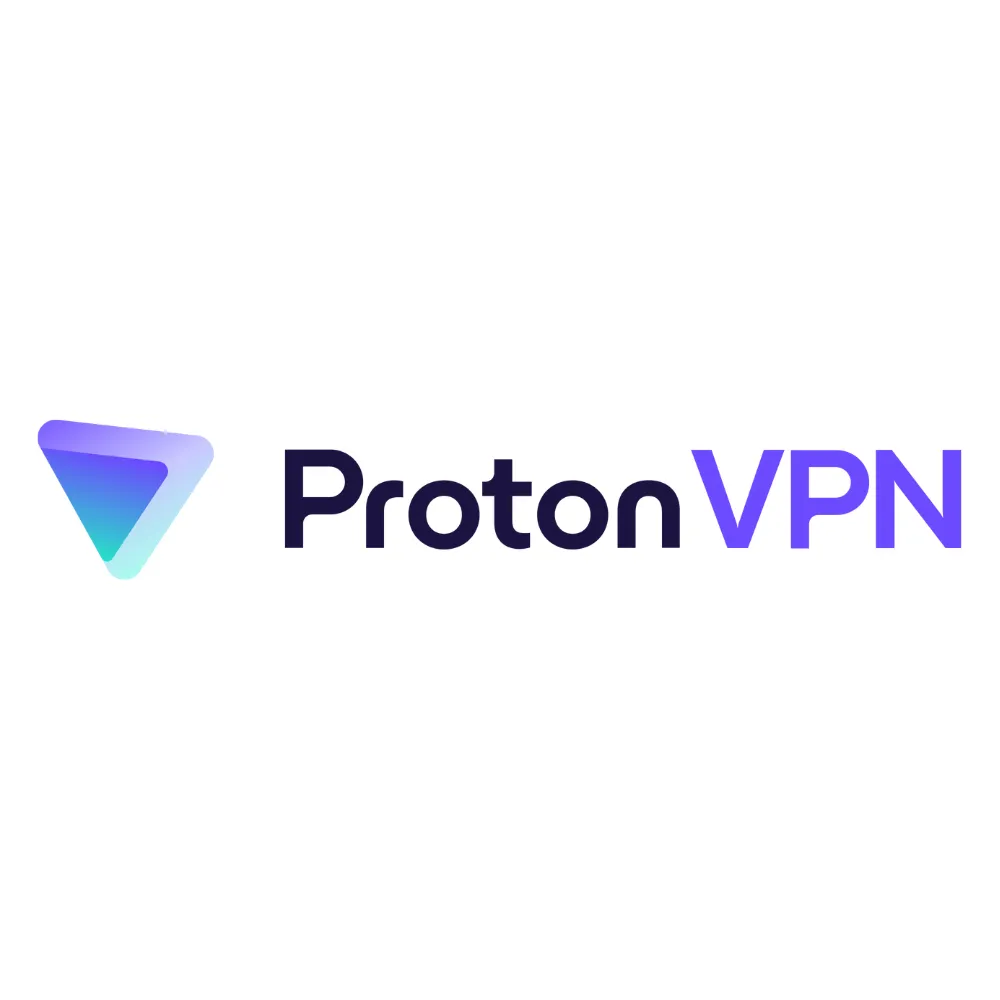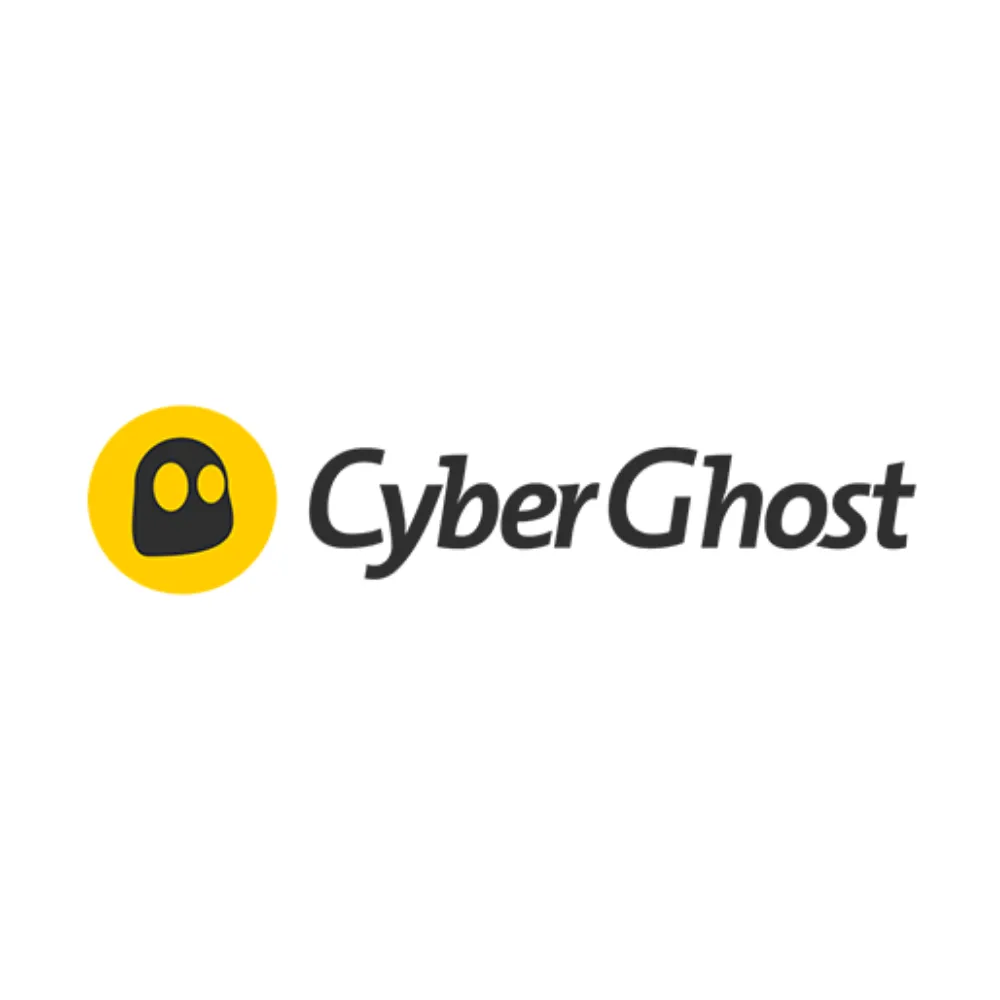Understanding VPN Services

Introduction
VPN services provide secure and private internet browsing by encrypting your connection.
In this blog, we will explore the benefits and features of VPN services.
VPNs are becoming increasingly popular as more people become aware of the importance of online privacy and security.
What is a VPN?
A Virtual Private Network (VPN) is a service that encrypts your internet connection and hides your IP address.
This ensures that your online activities are secure and private.
VPNs create a secure tunnel between your device and the internet, protecting your data from hackers and other malicious actors.
By masking your IP address, VPNs also allow you to access geo-restricted content and maintain anonymity online.
Benefits of Using a VPN
VPNs provide several benefits including enhanced security, privacy, and access to geo-restricted content.
They are especially useful when using public Wi-Fi networks, which are often unsecured and vulnerable to attacks.
With a VPN, you can browse the internet safely and securely, knowing that your data is protected.
VPNs also help you bypass censorship and access content that may be restricted in your region.
How VPNs Work
VPNs work by routing your internet connection through a secure server, which encrypts your data and hides your IP address.
When you connect to a VPN, your device establishes a secure connection with the VPN server, which then forwards your internet traffic to its destination.
This process ensures that your data is encrypted and your IP address is hidden, providing you with a secure and private browsing experience.
Most VPN services use strong encryption protocols such as OpenVPN, IKEv2, and WireGuard to protect your data.
Choosing the Right VPN Service
When choosing a VPN service, it's important to consider factors such as security, speed, server locations, and ease of use.
Look for a VPN that offers strong encryption, a no-logs policy, and a wide range of server locations.
Speed is also an important factor, as a slow VPN can negatively impact your browsing experience.
Additionally, consider the ease of use of the VPN software and whether it is compatible with your devices.
Common VPN Myths Debunked
There are many myths surrounding VPNs that can cause confusion. Let's clear up some of the most common misconceptions.
Myth: VPNs make you completely anonymous online. While VPNs can enhance your privacy, they don't make you completely invisible.
Myth: VPNs are only useful for bypassing geo-restrictions. While geo-unblocking is a feature, VPNs also provide encryption and privacy benefits.
Myth: Free VPNs are just as safe as paid ones. Free VPNs often come with limitations and may even compromise your privacy by logging your data.
The Risks of Not Using a VPN
Not using a VPN can expose you to several risks. When you're on public Wi-Fi, your data is vulnerable to hackers.
Without a VPN, your internet service provider (ISP) can track your online activity, and your information can be sold to advertisers.
VPNs help protect your data, but without one, you're at risk of identity theft, data breaches, and even government surveillance in some regions.
Top VPN Providers to Consider
When choosing a VPN, consider providers that are reputable and offer features like strong encryption, no-logs policies, and fast speeds.
Some top VPN providers to consider include: NordVPN, Surfshark, and ProtonVPN. These services offer reliable protection and good customer support.
VPN Alternatives
While VPNs are excellent for protecting your online privacy, they are not the only tools available. Alternatives like proxies, Tor, and DNS services can provide similar benefits, though each has its limitations.
Tor offers strong privacy, but it's slower and may not be ideal for streaming. Proxies are useful for bypassing restrictions but don't offer encryption.
DNS services can improve speed and help bypass geo-restrictions but lack the security of a VPN.
Real-Life Scenarios Where VPNs are Essential
Using a VPN is essential in many real-world situations. For example, when traveling to countries with strict censorship, a VPN allows you to access blocked websites and social media platforms.
When working remotely, a VPN helps ensure that your connection to your company's internal network is secure.
VPNs also protect your sensitive data when using public Wi-Fi networks, preventing hackers from stealing your information.
How to Test if Your VPN is Working
After connecting to a VPN, you should verify that it's working properly. One way to check is by visiting a website like whatismyipaddress.com to confirm that your IP address has changed.
Additionally, ensure there are no DNS or WebRTC leaks by running a leak test on specialized websites to check if your real IP address is being exposed.
Is a VPN Enough for Online Privacy?
While a VPN is crucial for maintaining online privacy, it's not a silver bullet. To truly secure your online presence, combine a VPN with other best practices.
For enhanced privacy, use strong, unique passwords, enable two-factor authentication, and regularly update your software.
Remember, a VPN doesn't protect you from phishing attacks or malware, so be cautious when clicking on links or downloading files.
Conclusion
VPN services are an essential tool for anyone looking to protect their online privacy and security.
By encrypting your internet connection and hiding your IP address, VPNs provide a secure and private browsing experience.
Whether you're using public Wi-Fi, accessing geo-restricted content, or simply looking to maintain your anonymity online, a VPN can help you achieve your goals.
Choose a reputable VPN service that meets your needs and enjoy the benefits of secure and private internet browsing.






